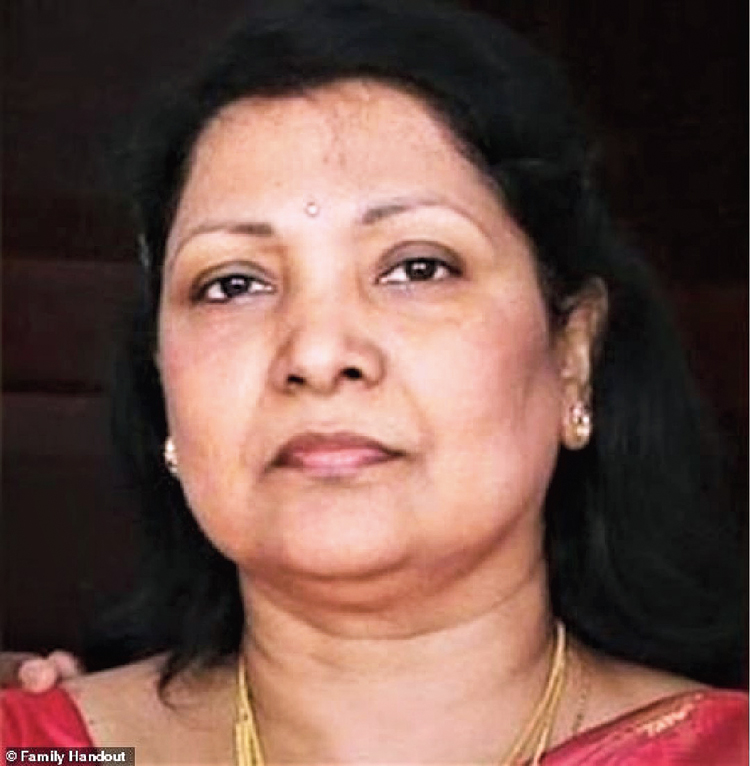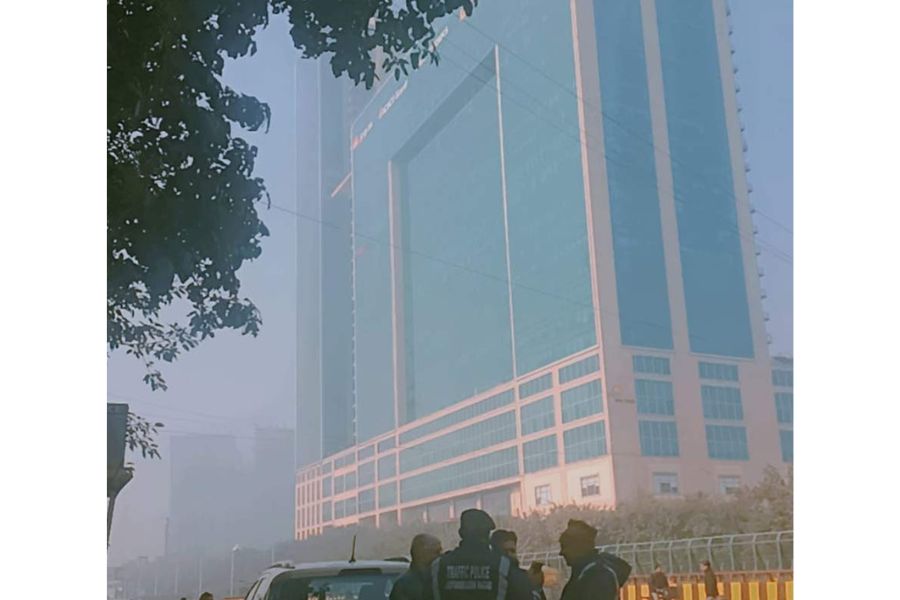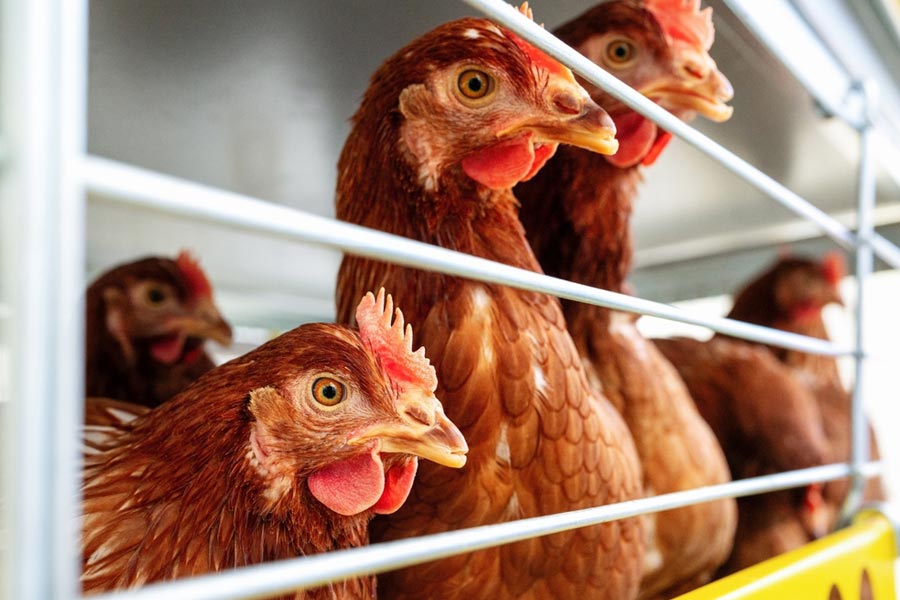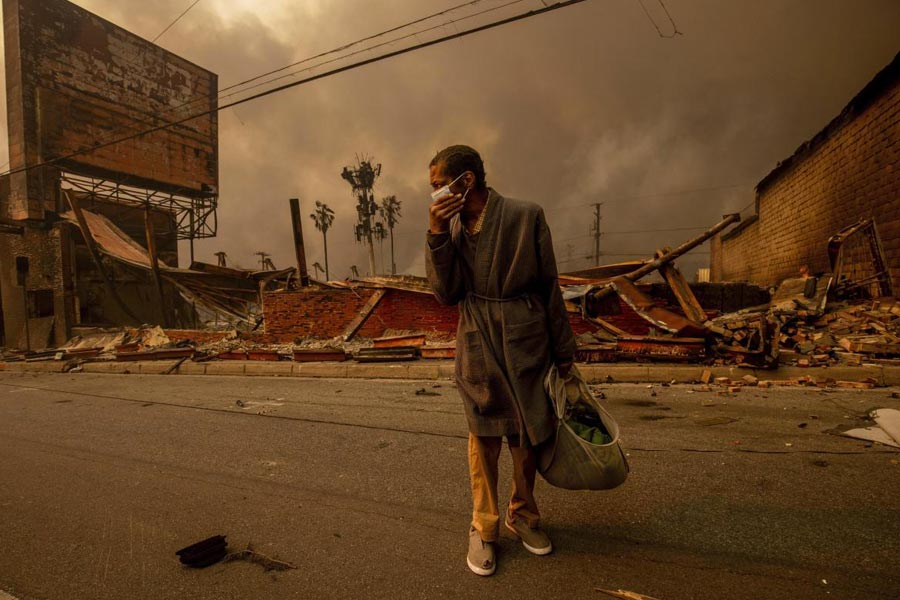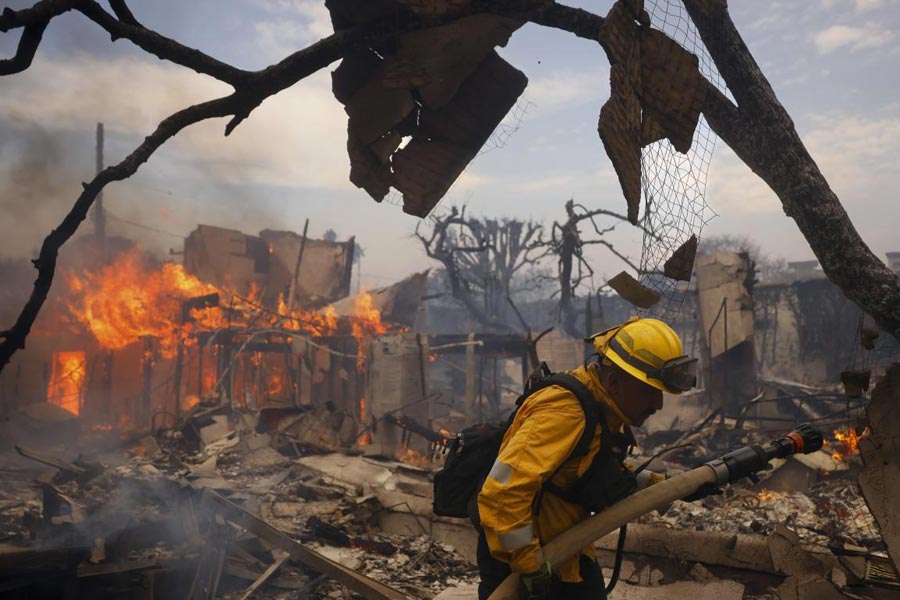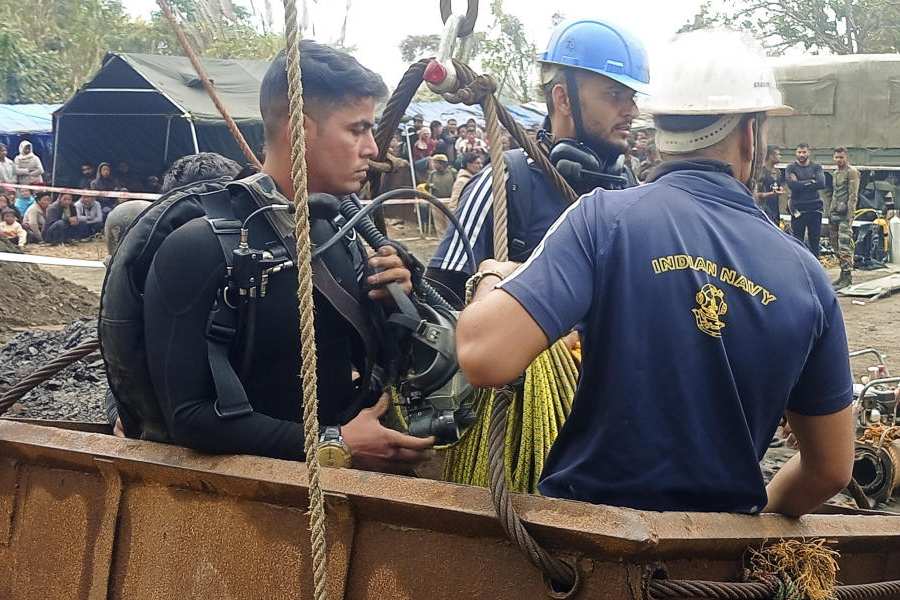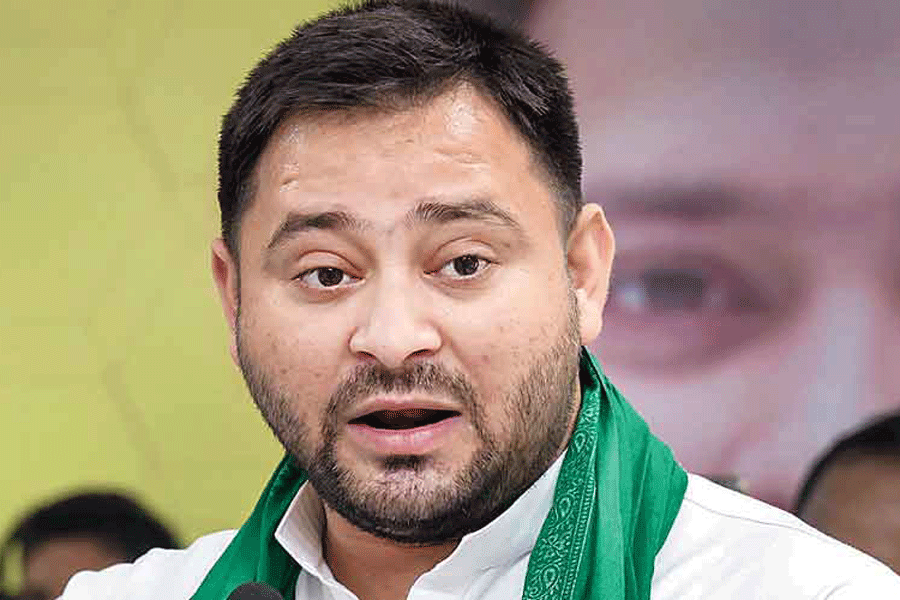Boris Johnson’s condition in the intensive care unit at St Thomas’ Hospital in London was so critical that his doctors were preparing to announce his death, it has been revealed in an interview given by the British Prime Minister to The Sun on Sunday.
The paper’s political editor, David Wooding, who found a noticeably more solemn Johnson from the cavalier politician he has known over the past five years, later elaborated on his interview on LBC talk radio in London: “He was in no doubt how close to the edge he came a week or so ago. He said only a miracle, (and) the wonders of the people who were around him that pulled him out of this one. He knows precisely how lucky he has been. He kept repeating, ‘I’ve been a very, very lucky man.’
“He is also quite clear that many, many other people who have been through this and not been as fortunate as himself.”
That is the case with an Indian-origin nurse, Philomina Cherian, 63, who died from Covid-19, at John Radcliffe Hospital in Oxford on Thursday.
A mother of three, who had come to the UK via Saudi Arabia, she had worked at the hospital for 30 years and was only two years from retirement.
Her husband Joseph Varkey called her a “great human being, a caring mother and wife”, adding, “Nursing was not just a profession but it was her passion.”
A statement from Oxford University Hospitals said: “She was a popular and hugely valued member of our OUH nursing family who will be sorely missed by her colleagues as well as by her family and friends.”
Sam Foster, chief nursing officer, called her “an incredibly caring friend and colleague who will be terrible missed by us all”.
Her death adds to the 100 plus toll among NHS workers, who are overwhelmingly of Asian and black origin.
On Thursday, Johnson, who had already announced that Britain has passed its peak after nearly 30,000 deaths, the highest in Europe after Italy, is expected to address the nation on whether the lockdown can be eased.
An opinion poll for the Observer, published on Sunday, revealed only 17 per cent believe the time is right to restart schools, while an even smaller percentage think conditions had been met to allow cinemas, sporting stadia and nightclubs to open their doors.
It was known that Johnson had been close to death but the details had been withheld until now.
He told The Sun on Sunday: “They had a strategy to deal with a ‘death of Stalin’-type scenario…. I was aware there were contingency plans in place.
“The doctors had all sorts of arrangements for what to do if things went badly wrong. They gave me a face mask so I got litres and litres of oxygen and for a long time I had that and the little nose jobbie.
“The bad moment came when it was 50-50 whether they were going to have to put a tube down my windpipe. That was when it got a bit... they were starting to think about how to handle it (his death) presentationally.”
Wooding told LBC that compared with his previous interviews, “I found a thoughtful and serious-minded Boris Johnson. There was none of the real showmanship that you often see but it was still colourful language. He was still graphic in his descriptions, still informed and intelligent.
“We won’t know immediately but I think this will have a big impact on him and it could turn him into the politician that we eventually see evolving because he is only six months into his prime ministership so there’s another five years to go. So this could have a big, big, big impact on him.
“I saw a bit more of his raw emotion in the interview and I suspect he has faced his own mortality, he has stared death in the face. He knows he is dealing with the biggest crisis we have had in decades — the biggest since the war.”
Johnson’s experience “gave him a really good understanding of the disease and what goes on and how you tackle it. But he did stress that from the very beginning his policy had always been the same — and that is to protect human life, to minimise suffering.
“He believes that Britain will come back but he will do it to protect lives and he made clear that there’s a balance to be struck here between protecting people from the virus and protecting people from the illnesses which may result from a long lockdown — all the impact that may have on the NHS. And these are very tough political decisions — balancing the economy and the damage that can cause to people with the damage that the virus can cause. These are the big decisions he has to make — these are huge decisions.”

